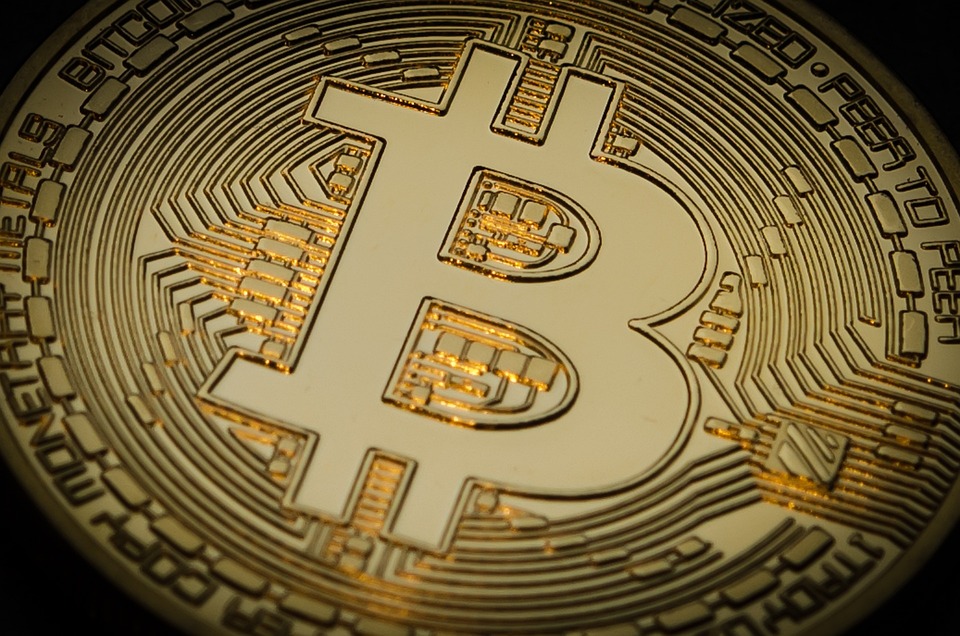As cryptocurrency continues to gain traction and mainstream adoption, the allure of decentralized finance and peer-to-peer transactions also invites a growing array of risks. Bitcoin, the pioneering cryptocurrency, has become particularly famous — and infamous — for its volatility and the security concerns surrounding it. As users engage with this digital asset, understanding and mitigating the risks in Bitcoin transactions becomes paramount for safeguarding investments and encouraging broader acceptance.
The Rise of Bitcoin and Associated Risks
Since its inception in 2009, Bitcoin has experienced astounding growth in terms of price, transaction volumes, and its user base. However, this rapid ascent has been accompanied by heightened scrutiny from regulators, concerns about cybersecurity, and the specter of fraud and theft.
1. Cybersecurity Threats
Bitcoin transactions occur on a decentralized network, which can make them vulnerable to various cybersecurity threats:
-
Hacking: Cryptocurrency exchanges and wallets can be targets for hackers. The infamous Mt. Gox hack of 2014, which led to the loss of 850,000 BTC, remains a cautionary tale. Even established exchanges like Binance have suffered breaches, costing users millions.
-
Phishing: Scammers employ phishing schemes — fraudulent emails or websites that appear legitimate — to steal users’ private keys or sensitive information. Users often unwittingly provide access to their funds.
- Malware Attacks: Malicious software can be used to infiltrate users’ devices, stealing wallets, and enabling unauthorized transactions.
2. Transaction Fraud
Due to the irreversible nature of Bitcoin transactions, fraud poses a unique risk:
-
Chargebacks: In traditional finance, fraudulent transactions can often be reversed. However, in the case of Bitcoin, once a transaction is confirmed, it cannot be reversed, leaving victims with little recourse.
- Fake Escrow Services: Scammers may pose as escrow agents in peer-to-peer transactions, asking for upfront payments without genuine intent to facilitate a sale.
3. Regulatory Uncertainty
The regulatory landscape for cryptocurrencies varies widely across the globe and can change with little notice. Governments are actively exploring how to manage and regulate cryptocurrencies, leading to unpredictability:
-
Regulatory Crackdowns: Sudden regulations can impact the ability to trade, buy, or sell cryptocurrencies.
- Tax Implications: Many users are unaware of tax obligations tied to cryptocurrency transactions, exposing them to potential audits or penalties.
Mitigating Risks in Bitcoin Transactions
Despite the inherent risks, several strategies can help users protect their investments and transact safely:
1. Use Reputable Exchanges and Wallets
-
Choose Well-Established Platforms: Select exchanges with a good reputation for security and reliability. Research their historical performance regarding hacks and funds recovery.
- Opt for Hardware Wallets: For long-term storage, consider using hardware wallets that store private keys offline, significantly reducing the risks of hacks.
2. Enable Two-Factor Authentication (2FA)
2FA adds an extra layer of security to your account by requiring two forms of identification before access. This could include a password and a code sent to your mobile device, reducing the risk of unauthorized access.
3. Educate Yourself on Phishing and Scams
Education is key. Users should familiarize themselves with common phishing techniques and be cautious of unsolicited communications. Always double-check URLs and the legitimacy of services.
4. Ensure Safe Transaction Practices
-
Verify Addresses: Always double-check the recipient’s address before initiating a transaction to prevent sending funds to the wrong person.
- Use Multi-Signature Wallets: These wallets require multiple private keys to authorize a transaction, enhancing security, especially for groups managing shared funds.
5. Stay Updated on Regulatory Developments
Constantly monitor the evolving landscape of cryptocurrency regulations in your jurisdiction. Join forums or communities focused on crypto regulation to receive timely news and updates.
Conclusion
As Bitcoin continues to revolutionize financial landscapes, understanding and mitigating the risks involved in transactions is vital for users. By adopting best practices, being vigilant against scams and cyber threats, and staying informed on regulatory changes, individuals can navigate the world of cryptocurrency more safely. Despite the challenges, the desire for economic empowerment through decentralized finance remains strong, and with the right precautions, users can harness Bitcoin’s potential while safeguarding their assets.


